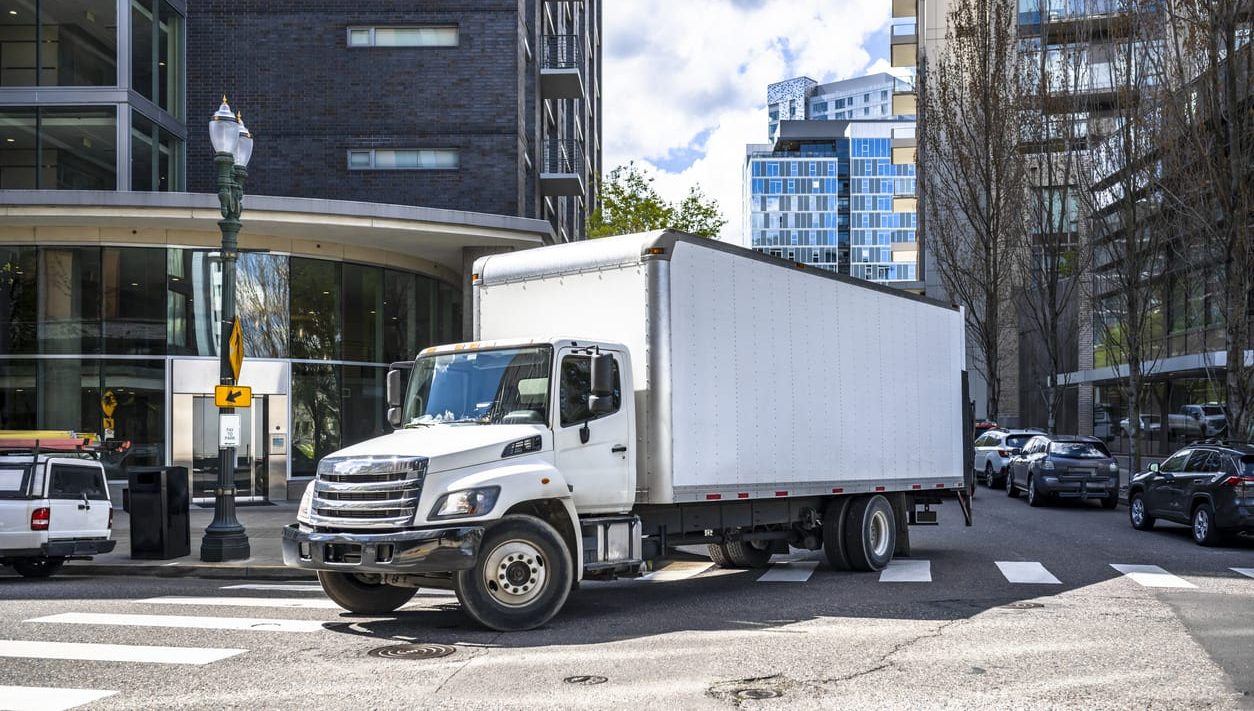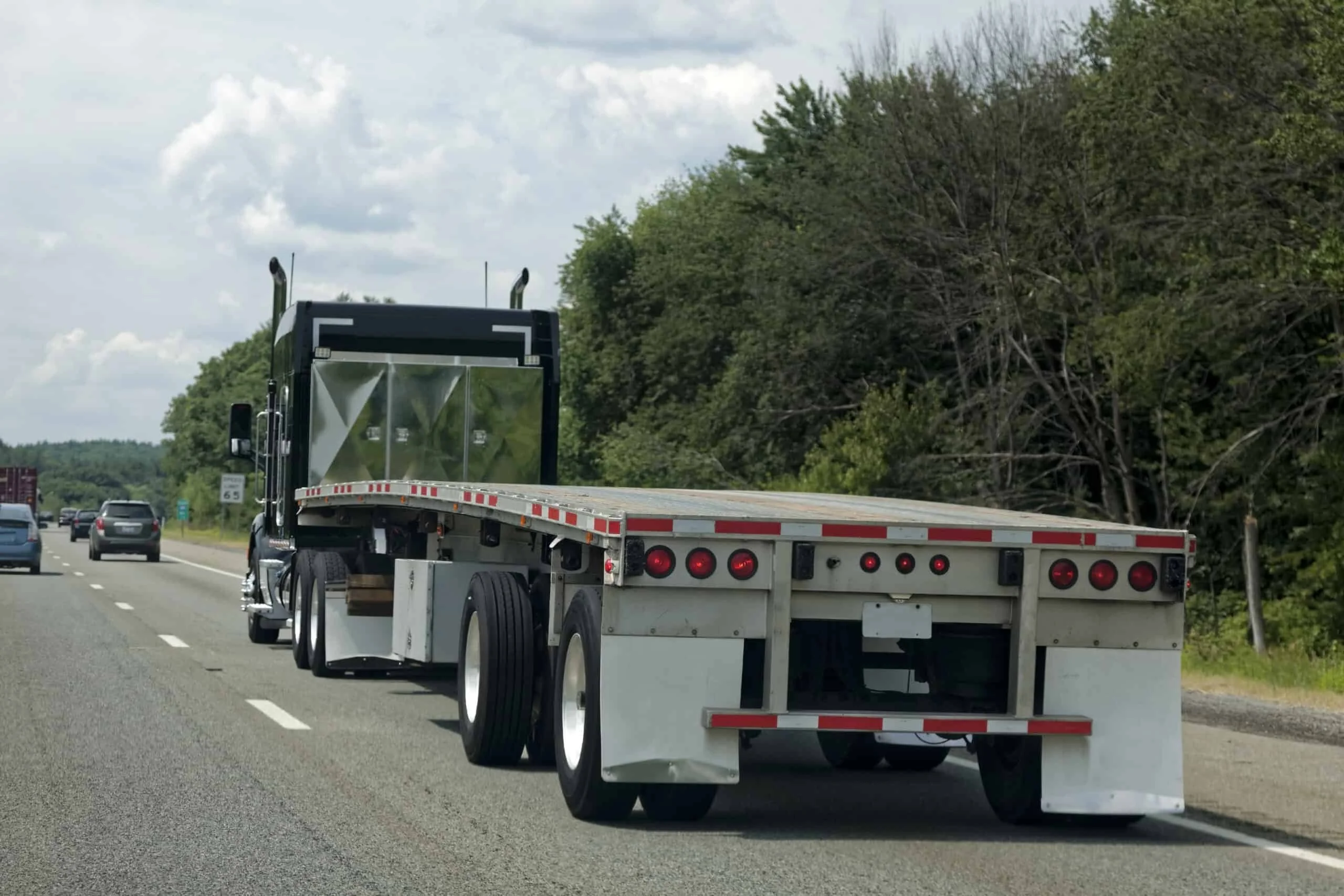The United States economy relies significantly on the freight trucking industry, which accounts for the transportation of approximately 70 percent of annual freight goods or 72.5 percent of the country’s freight by weight.
Understanding the nuances of box trucks and their diverse hauling capabilities is crucial for businesses considering commercial box trucks, small box trucks, and various box truck sizes for their freight shipping needs. To aid in this decision-making process, we have created a comprehensive guide to elucidate the various types of box trucks, including the best cargo van options.
What Is a Box Truck?
A commercial box truck, also known as a straight box truck, offers versatility in hauling freight. Despite variations in box truck types, certain features define what a box truck is.
- Single Frame: A commercial box truck has a single frame extending from the front to the rear, with axles and cargo container attached to the same frame.
- Sliding Back Door: The rear door of a commercial box truck opens with a roll-up cargo door, making it ideal for hauling furniture and appliances.
- Varying Sizes: Box truck types differ in length, height, and hauling capacity, with a rectangular-shaped cargo box separate from the cab.
- Pull-out Ramps: Various box truck types, including small box trucks, come with hydraulic lifts or pull-out ramps.
- Hauling Capacity Limit: Commercial box trucks can haul up to 10,000 lbs.
- Protection from Elements: Enclosed like a straight truck van, a commercial box truck is shielded from the elements.
When considering what a box truck is, it’s essential to compare it with other commercial vehicles, such as a box cargo van and box truck vs sprinter van.
What Is a Sprinter Cargo Van?
Distinguishing between a box truck vs sprinter van is important. Sprinter cargo vans, compared to box vans, offer unique advantages.
- Different Cargo Capacities: Sprinter vans excel in transporting freight, providing 120 to 200 cubic feet of space and accommodating 4,000 to 5,000 pounds of weight.
- Access to Various Locations: Sprinter vans can reach places inaccessible to commercial box trucks.
- Excellent Mobility: Sprinter vans, unlike some box truck types, are fuel-efficient, easy to drive, and maneuverable.
Considering box truck vs cargo van differences, the primary distinctions lie in vehicle design, weight and size, and fuel and engine efficiency.
Box Truck Vs Cargo Van: Key Differences
Three general categories outline the primary differences between a box truck vs cargo van.
- Vehicle Design and Construction: Box trucks have a two-piece construction with a separated cargo area, while cargo vans have a one-piece design connecting the transporting area to the passenger section.
- Weight and Size: Box truck types generally provide more cargo space and higher weight capacities than cargo vans.
- Fuel & Engine Efficiency: Box trucks typically have larger, less fuel-efficient engines compared to cargo vans.
Understanding what a box truck is, along with the pros and cons, is vital when deciding between a box truck vs cargo van. Design, size, and efficiency play crucial roles in this decision-making process.
Sprinter Cargo Van vs Box Truck: Which One to Choose?
When deciding between a box truck vs sprinter van, considerations include size, fuel efficiency, and loading ease. The business’s specific needs are paramount in making this decision.
Conclusion
Having grasped the disparities between a box truck vs cargo van, the next step is selecting a reputable freight shipping company. LAX Freight offers an excellent selection of quality box truck types and sprinter cargo vans to efficiently and safely haul freight. Contact LAX Freight today for your freight shipping quote.



